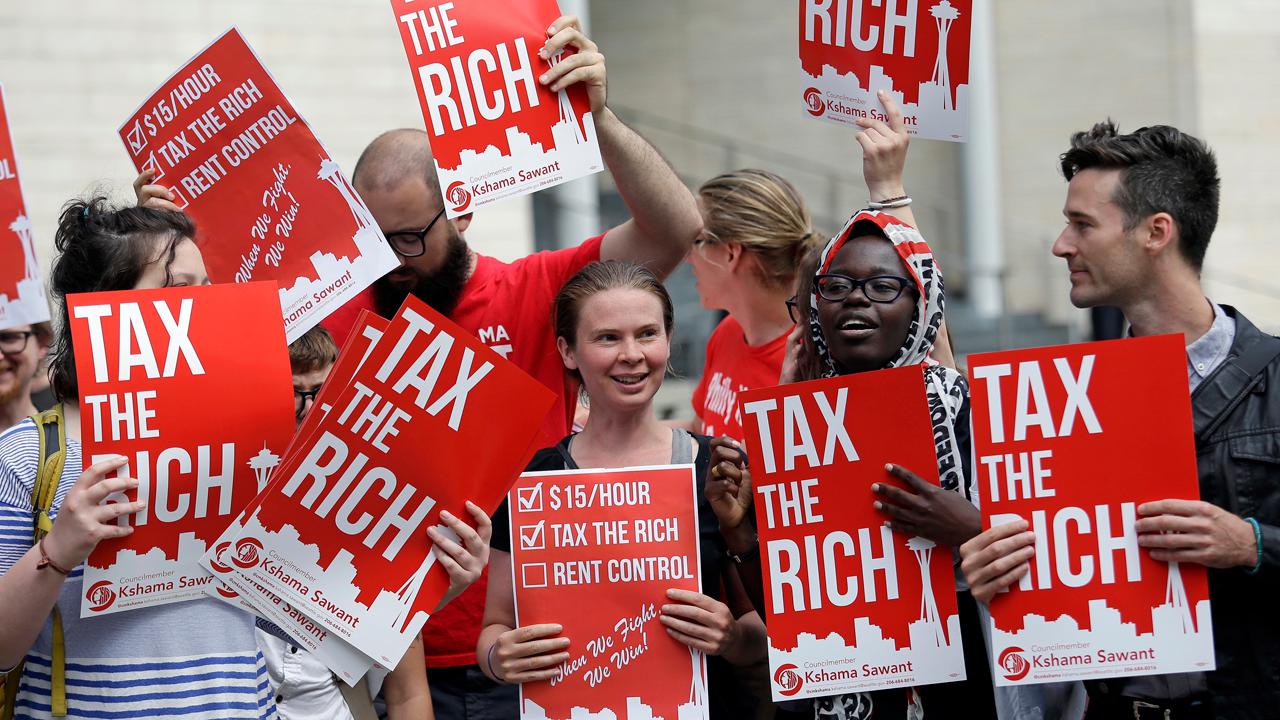What Seattle ‘head tax’ will cost Amazon
As Seattle’s largest employer, Amazon will pay more money than any other company when the city imposes its “head tax” in January to fund homelessness outreach.
Amazon employs roughly 45,000 people in the Seattle area at its headquarters and other office space. That means the e-commerce giant will owe roughly $12.4 million annually through the “head tax,” which requires Seattle’s largest employers to pay $275 per employee per year. The total will increase if Amazon follows through on plans to expand its headcount in the city within the next few years.
Amazon was foremost among several companies that criticized the new tax after the Seattle City Council approved it Monday. The city says the tax will raise about $50 million annually for efforts to reduce homelessness, including affordable housing and emergency shelters. Companies argue that the measure is a tax on jobs and will stunt a booming local economy.
Amazon vice president and spokesman Drew Herdener said in a statement that the tax’s passage “forces us to question our growth” in Seattle, where Amazon is planning a new 17-story office tower.
"The city does not have a revenue problem – it has a spending efficiency problem,” Herdener said. “We are highly uncertain whether the city council’s anti-business positions or its spending inefficiency will change for the better."
The head tax is a relatively minor expense for Amazon, which earned $177.9 billion in revenue in fiscal 2017 and more than $51 billion in the first quarter of 2018 alone.
Members of the City Council approved a smaller version of the head tax. Supporters initially called for employers that earn $20 million or more in revenue to pay $500 per employee per year, or about 26 cents per employee hour worked.
It is difficult to estimate how much the city’s other large employers, such as Boeing and Starbucks, will have to pay under the head tax. Publicly traded companies are not required to break out their total employees or revenue per city.
Roughly 585 Seattle businesses will be subject to the tax, according to city documents reviewed by the Seattle Times.




















